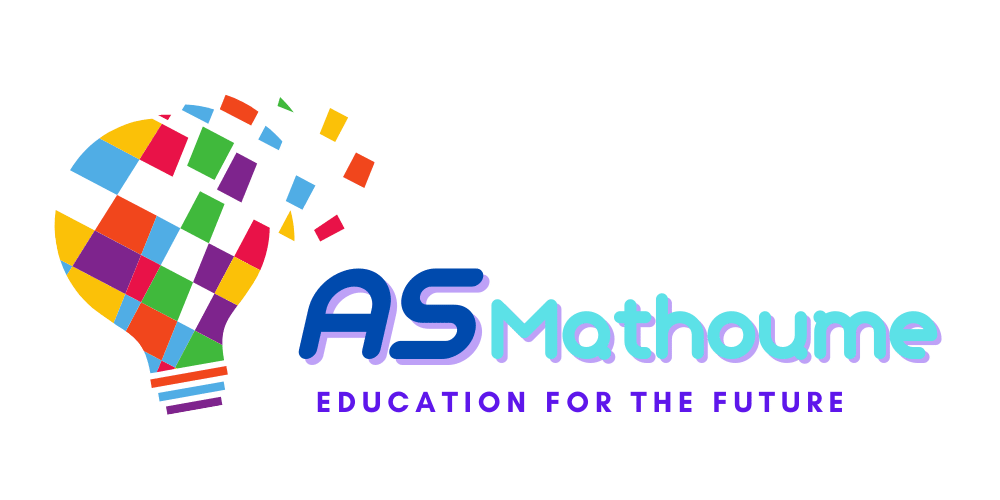Topic 2: Effective Goal Setting and Planning Copy
In this topic, we will explore the art of setting effective goals and crafting strategic plans to turn your aspirations into tangible achievements. By mastering the skills of goal setting and planning, you can navigate your academic journey with purpose, focus, and a clear roadmap to success.
Key points covered in this topic include:
The Power of Goal Setting: We will discuss the profound impact that goal setting can have on your academic journey. Setting goals provides clarity, motivation, and a sense of direction. It helps you define what you want to achieve, whether it’s earning a certain grade, completing a project, or acquiring new skills. By setting meaningful goals, you create a roadmap that guides your actions and inspires you to reach new heights.
SMART Goal Framework: We will explore the SMART framework for goal setting. SMART stands for Specific, Measurable, Achievable, Relevant, and Time-bound. By ensuring your goals meet these criteria, you set yourself up for success. Specific goals clarify the desired outcome, measurable goals provide clear metrics to track progress, achievable goals are realistic and within reach, relevant goals align with your aspirations and values, and time-bound goals have a specific deadline. Applying the SMART framework enables you to create goals that are clear, actionable, and conducive to success.
Breaking Down Goals into Milestones: The journey of a thousand miles begins with a single step, and so do your goals. We will discuss the importance of breaking down goals into smaller, manageable milestones. By dividing larger goals into bite-sized tasks and milestones, you make them less overwhelming and more attainable. Celebrating each milestone along the way boosts motivation and creates a sense of progress, propelling you forward.
Strategic Planning: Planning is the compass that guides your journey towards your goals. We will explore the process of strategic planning, which involves mapping out the steps, resources, and timelines required to achieve your goals. A strategic plan helps you identify the necessary actions, allocate resources effectively, and anticipate potential challenges. By developing a well-thought-out plan, you enhance your focus, efficiency, and ability to overcome obstacles.
Flexibility and Adaptability: While planning is essential, it’s equally important to embrace flexibility and adaptability. We will discuss the significance of adjusting your plans as circumstances evolve. Unexpected changes, unforeseen challenges, or new opportunities may arise along the way. By remaining open to adjusting your plans and embracing new approaches, you maintain agility and maximize your chances of success.
Tracking Progress and Course Correction: Monitoring your progress is a vital aspect of goal attainment. We will explore techniques for tracking your progress, such as using a journal, creating a visual tracker, or utilizing digital tools and apps. Regularly reviewing your progress allows you to identify areas where you excel and areas that may require adjustment. It enables you to make informed course corrections, refine your strategies, and stay on track towards your desired outcomes.
Celebrating Achievements: Acknowledging your achievements is essential for motivation and fostering a positive mindset. We will emphasize the importance of celebrating milestones and accomplishments along the way. Whether it’s a small achievement or a significant milestone, taking time to recognize and celebrate your progress boosts morale, reinforces your dedication, and fuels your determination to reach higher.
